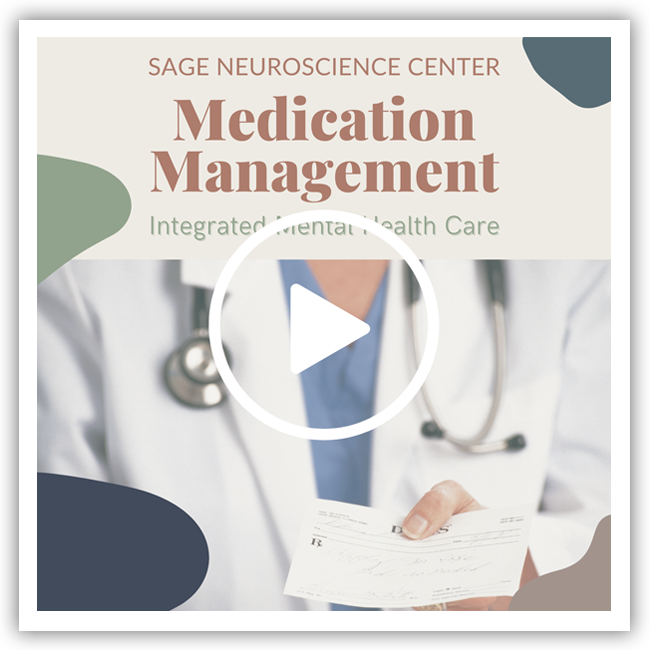Medication Management Helps Prevent Errors
Whether you are living with mental health concerns, a substance use disorder, or a combination of the two, it’s important to have a comprehensive treatment plan that addresses all aspects of your health and wellbeing. In some cases, people experiencing certain symptoms of mental health disorders are able to recover without the use of medications as a part of this plan. However, research shows that the best method of treating many disorders and their symptoms involves the use of one or more prescription medications in conjunction with psychotherapy
Psychiatric medications can help to decrease or manage your symptoms, increase daily functioning, and even improve results of other therapies. However, with improper management of medication type, dosage, frequency, or duration, the potential for error is high. With the ever-growing number of prescription medications, dosage recommendations, and potencies on the market today, it is important that a medical professional provides medication management services.
What Is Medication Management?
Every person is different, with a unique physical makeup, varied experience of symptoms, and a unique combination of needs and treatment goals; as such, the types of prescription medications and dosages vary among patients as well.
Generally speaking, medication management is the process of working alongside a prescriber to identify the best possible medication balance to address your symptoms and improve your daily life, pinpoint the most beneficial dosage and potency, and use the given medication as a piece of an overall treatment plan. The process begins with a comprehensive evaluation, discussing your treatment goals and unique needs, deciding on an initial medication schedule and dose for each, and then making changes as treatment progresses.
Depending on the intensity (how strong), duration (how long it lasts), and frequency (how often it happens) of your symptoms, the length of time you take medications may be for the short- or long-term. Proper medication management can help you progress toward your unique treatment goals and relief of your symptoms.
Medication Management Services for Mental Health
Medication management offers multiple benefits; is a way to ensure you receive the maximum benefit from medications by taking only what your body chemistry and symptoms need.
Medication Management helps to ensure medications are accurate and consistent and offer a touchpoint conversation with your provider to discuss any changes you may have experienced in the past few months. For a physical condition, a provider can prescribe medication based on the weight and age of the patient, then follow up a few days later to gauge how effective the medication was. For mental health needs, however, medication management functions a bit differently.
Instead of age and weight, prescribers base your mental health medication types and dosages on…
- Medical research
- What has worked for other patients with similar symptoms
- The severity of your symptoms
- Any physical conditions you may have
- Other medications you are on
- And any prior incidences of taking a similar medication in the past
As a result, it is often the case that your first dose – or even the first medication you try – will need to be adjusted over time to find the ideal combination of medication and dosages. If your first dosage seems correct, you will still require ongoing medication management appointments to monitor your response to medications.
How Ongoing Medication Management for Mental Health Works
First, you will undergo a mental health evaluation to identify what your current needs and goals are for using medication. The provider will ask you about your medical and mental health history and evaluate factors such as mood, behavior, and thought processes.
This process helps your provider determine the most effective medications specific to you and your life. . Frequent adjustments of medications and dosages may be necessary before you find the option that best addresses your symptoms.
Keep in mind that mental health conditions change over time, and your body’s response to a medication can also change. Medication management for mental health is essential to continue receiving the ideal treatment for your symptoms – and is even required by law in some areas in an effort to prevent substance abuse.





 Anti-Anxiety Medications
Anti-Anxiety Medications Antipsychotic Medications
Antipsychotic Medications Antidepressant Medications
Antidepressant Medications Stimulant Medications
Stimulant Medications


